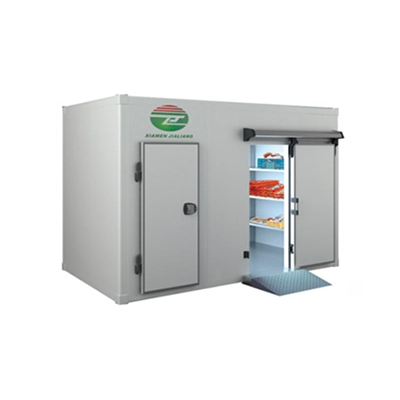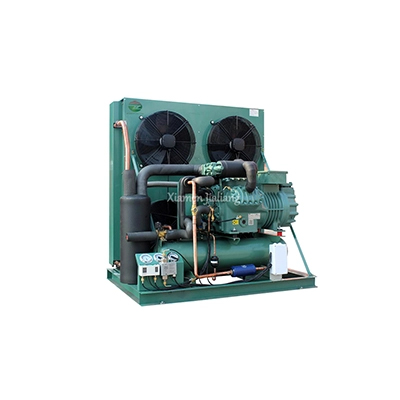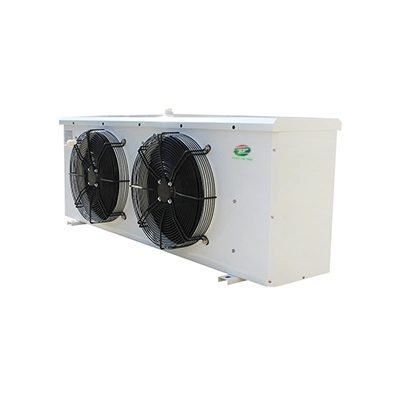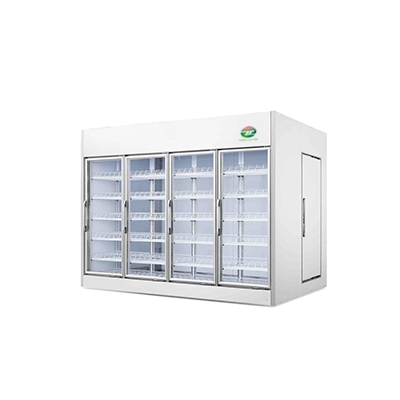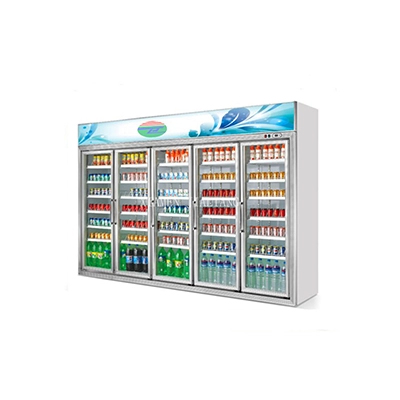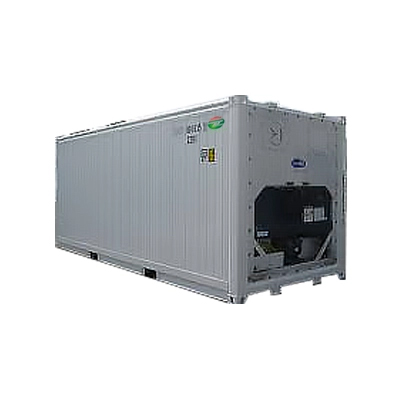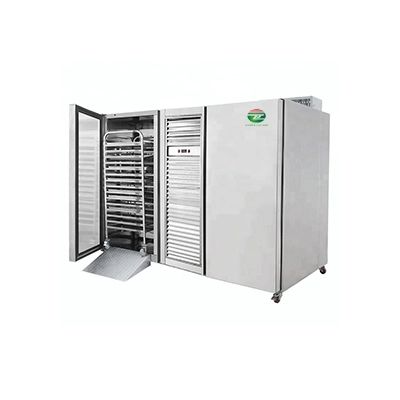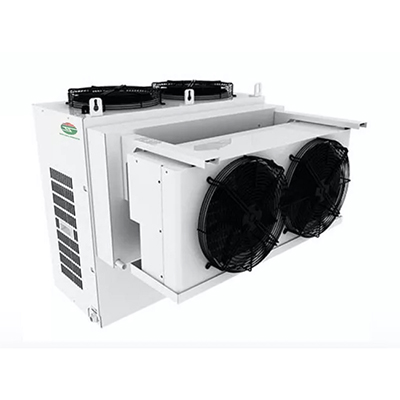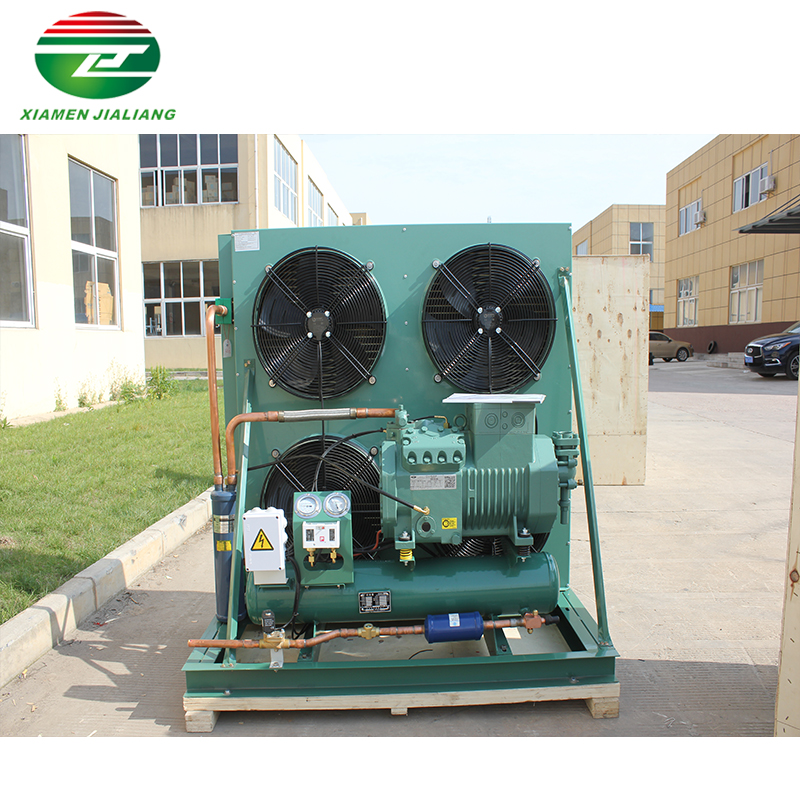Versatility of cold storage: responding to different industry needs
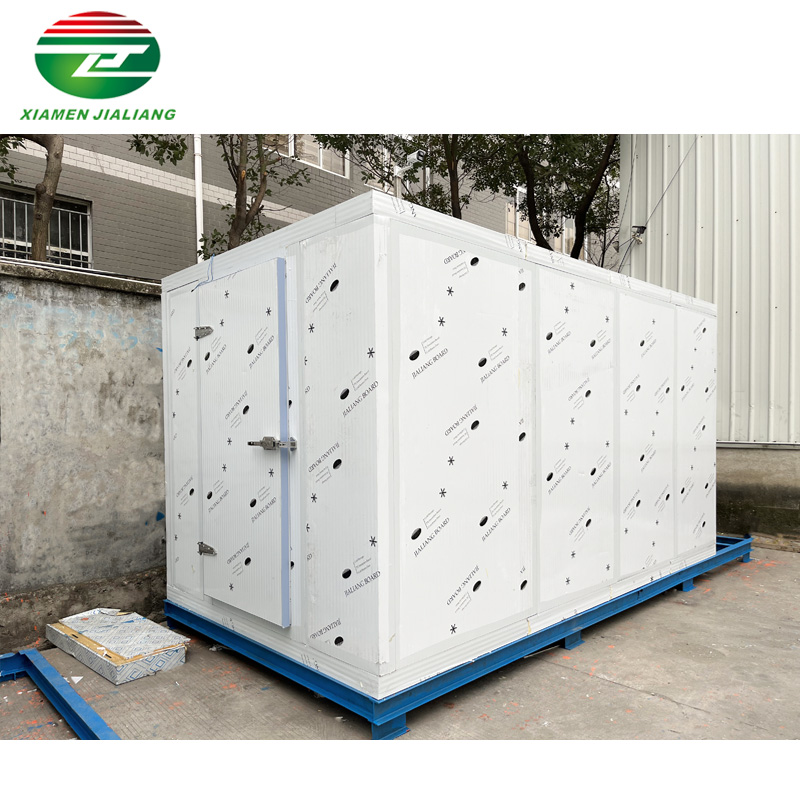
Cold storage is a crucial component of various industries, as it allows for the safe and efficient preservation of perishable goods. From the food industry to the pharmaceutical industry and even the floral industry, the versatility of cold storage plays a vital role in responding to the unique needs of each sector. In the food industry, cold storage ensures that perishable items such as fruits, vegetables, and dairy products remain fresh and retain their nutritional value. On the other hand, in the pharmaceutical industry, cold storage is essential for storing vaccines, medications, and other temperature-sensitive drugs, ensuring their potency and effectiveness. Additionally, the floral industry relies on cold storage to maintain the freshness and vibrant colors of flowers, extending their shelf life and enhancing their visual appeal. Understanding the diverse requirements of each industry, cold storage facilities are equipped with specialized features and technologies to meet the specific demands of various products. This article will delve deeper into the importance of cold storage in each industry and explore the tailored solutions available to address their unique needs.
Cold Storage in the Food Industry
Cold storage plays a crucial role in the food industry, ensuring that perishable items are kept fresh and safe for consumption. With the increasing demand for fresh produce and the need to extend shelf life, cold rooms have become an indispensable part of food storage and distribution.
A cold room is a specially designed facility that maintains low temperatures, typically between 0 to 4 degrees Celsius, to preserve the quality and freshness of food products. These rooms are equipped with advanced refrigeration systems that regulate temperature and humidity levels, preventing the growth of bacteria and other microorganisms that can cause spoilage.
One of the primary benefits of cold storage in the food industry is the ability to store large quantities of perishable goods for an extended period. This is particularly important for seasonal produce, allowing farmers to harvest their crops at the peak of freshness and store them until they can be distributed to consumers. Cold rooms also enable food manufacturers to produce in bulk, reducing costs and ensuring a steady supply of products year-round.
In addition to preserving freshness, cold storage also plays a crucial role in maintaining food safety. By keeping temperatures low, the growth of bacteria and pathogens is significantly slowed down, reducing the risk of foodborne illnesses. This is especially important for products such as meat, poultry, and dairy, which are highly susceptible to contamination. Cold rooms also provide a controlled environment for storing vaccines, medications, and other temperature-sensitive pharmaceuticals.
The implementation of cold storage in the food industry has revolutionized the way food is stored, transported, and distributed. It has allowed for the globalization of the food supply chain, with perishable goods being shipped across continents while maintaining their quality. This has not only expanded consumer choices but has also opened up new markets for food producers, enabling them to reach customers in distant locations.
Cold Storage in the Pharmaceutical Industry
Cold storage plays a crucial role in the pharmaceutical industry. It provides a controlled environment to store temperature-sensitive medications and vaccines, ensuring their efficacy and safety. A cold room is a specialized facility designed to maintain specific temperature and humidity levels, tailored to the requirements of pharmaceutical products.
In the pharmaceutical industry, cold storage is vital for preserving the potency and stability of medications. Many drugs require specific temperature conditions to maintain their chemical composition and therapeutic properties. Cold rooms are equipped with advanced refrigeration systems that can maintain temperatures as low as -20 degrees Celsius, ensuring the integrity of pharmaceutical products.
The pharmaceutical cold storage industry has witnessed significant advancements in recent years. With the emergence of new biologic drugs and vaccines, the demand for cold storage facilities has increased exponentially. Cold rooms are now equipped with sophisticated monitoring systems that provide real-time temperature and humidity readings. This ensures that medications are stored within the prescribed temperature range, minimizing the risk of spoilage or degradation.
Furthermore, cold storage facilities in the pharmaceutical industry adhere to strict regulatory guidelines. Regulatory bodies such as the Food and Drug Administration (FDA) and the World Health Organization (WHO) have set stringent standards for the storage and distribution of pharmaceutical products. Cold rooms undergo regular audits and inspections to ensure compliance with these guidelines. This ensures that medications reach patients in optimal condition, free from any compromise in quality.
The importance of cold storage in the pharmaceutical industry cannot be overstated. It not only ensures the effectiveness of medications but also plays a crucial role in maintaining patient safety. Without proper cold storage facilities, medications could lose their efficacy or become contaminated, posing a risk to patients' health. Therefore, pharmaceutical companies invest heavily in state-of-the-art cold rooms to meet the stringent requirements of the industry.
Cold Storage in the Floral Industry
Cold storage plays a crucial role in the floral industry, ensuring that delicate flowers maintain their freshness and beauty throughout the entire supply chain. A cold room, specifically designed to provide optimal temperature and humidity conditions, is essential for preserving the quality and extending the shelf life of flowers.
In the floral industry, flowers are harvested and transported from various parts of the world. This involves long journeys, often crossing borders, before they reach their final destination. During transportation, flowers are exposed to different climatic conditions, which can have a detrimental effect on their longevity. However, with the advent of cold storage solutions, the floral industry has been able to overcome these challenges.
Cold rooms are equipped with advanced refrigeration systems that can maintain temperatures as low as 2 to 8 degrees Celsius, depending on the specific flower requirements. These controlled temperatures prevent premature blooming, inhibit the growth of bacteria and fungi, and slow down the aging process of the flowers. By regulating the temperature, cold storage ensures that the flowers remain fresh and vibrant, preserving their natural colors and fragrance.
Apart from temperature control, cold rooms also offer the advantage of regulating humidity levels. Flowers require a specific level of humidity to prevent dehydration and wilting. Cold storage facilities employ humidity control systems that maintain the ideal moisture content, preventing the flowers from drying out. This helps to retain the turgidity and crispness of the petals, making them visually appealing to consumers.
Moreover, cold storage enables the floral industry to store flowers in bulk during peak seasons and fluctuations in demand. It acts as a buffer, allowing the industry to stock up on flowers when they are abundant and prices are low. This helps to stabilize the market and ensures a consistent supply of flowers throughout the year.
Conclusion
Cold storage is crucial in the food, pharmaceutical, and floral industries. It ensures freshness, safety, and availability of perishable goods. With advancements in refrigeration technology, cold rooms have become more efficient and eco-friendly, reducing energy consumption and carbon footprint. In the pharmaceutical industry, cold storage provides the necessary environment to store temperature-sensitive medications and vaccines, ensuring their potency and safety. Adherence to regulatory guidelines and technological improvements have enhanced the quality and effectiveness of pharmaceutical products. In the floral industry, cold storage preserves the quality and extends the shelf life of flowers, overcoming transportation challenges and demand fluctuations. Cold storage ensures that flowers reach consumers in their freshest and most vibrant state, adding beauty to their surroundings. As demand for fresh, safe, and high-quality products grows in these industries, the importance of cold storage facilities will continue to increase.

